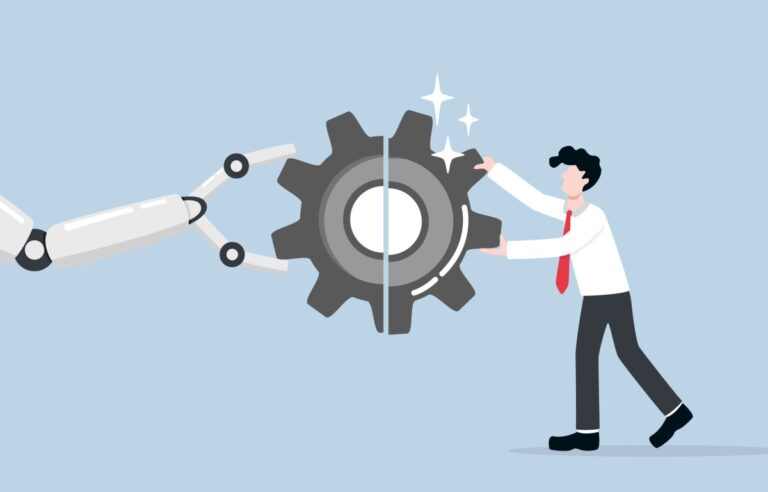Automattic CEO Matt Mullenweg Discusses Succession Plans: ‘I Prefer a Leader Over a Committee’
In recent months, there has been a notable increase in calls for Matt Mullenweg, the co-founder of WordPress and CEO of Automattic, to resign from his leadership position. This growing demand largely stems from his ongoing legal disputes with the hosting company WP Engine. As the situation unfolds, Mullenweg remains committed to his role and is contemplating the future of leadership at Automattic.
Matt Mullenweg’s Commitment to WordPress
Despite facing significant pressure, Mullenweg has made it clear that he intends to stay at the helm of Automattic. His vision for succession planning is distinctive; he aims to pass leadership to a single individual—someone who shares his passion for the WordPress community—rather than a committee.
The Legal Battle with WP Engine
In a recent episode of Lenny’s Podcast, Mullenweg discussed the contentious relationship with WP Engine, a company he accuses of leveraging WordPress’s open-source framework without adequately contributing to its development. WP Engine itself is built on WordPress, making this conflict particularly significant.
Looking Ahead: The Future of WordPress
Mullenweg also shared his insights on the future trajectory of WordPress and Automattic. He observed that many iconic companies retain executive leadership with majority voting control, a principle he considers critical in his succession planning. He stated:
“If or when I’m gone, I don’t want to pass it to a committee. I want to pass it to someone else who could have a role similar to mine, and really sort of try to be a steward.”
He further emphasized the importance of accountability to the community, noting that the role of a leader in this space resembles that of a mayor more than a traditional CEO. This perspective highlights the collaborative nature of the WordPress ecosystem.
Automattic’s Role in WordPress Adoption
Mullenweg praised Automattic’s contributions to increasing WordPress adoption, pointing out that the free version of WordPress.com has introduced over 100 million users to the platform. He remarked:
“That kind of for-profit, nonprofit, open source, working in concert—I think is a really informed model that we’re starting to see a lot more companies do.”
This collaborative approach is not only beneficial for Automattic and WordPress.org but is also becoming a standard in the startup ecosystem, demonstrating the evolving landscape of technology and business models.
Understanding the WordPress vs. WP Engine Conflict
For those unfamiliar with the ongoing dispute between WordPress and WP Engine, the conflict centers around the use of WordPress’s open-source nature. Mullenweg argues that WP Engine has not contributed enough back to the community that has supported its growth.
As the situation develops, it will be interesting to see how Mullenweg navigates these challenges and the future he envisions for both Automattic and the broader WordPress community. For further reading on WP Engine, check out their official website.
Stay tuned for updates on this unfolding story, as it continues to impact the WordPress ecosystem and its devoted users.







